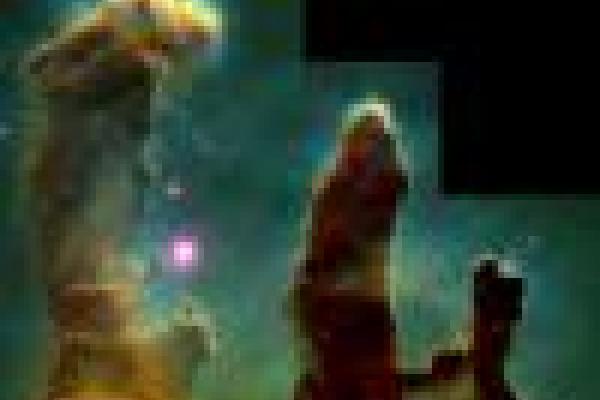Article

Secrets from a bathroom floor
Tilings have adorned buildings from ancient Rome to the Islamic world, from Victorian England to colonial Mexico. But while it sometimes seems free from worldly limitations, tiling is a very precise art, where not much can be left to chance. We can push and turn and wiggle, but if the maths is not right, it isn't going to tile. Josefina Alvarez and Cesar L. Garcia investigate.
